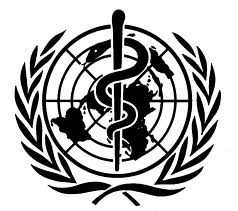 Kajal Bhardwaj and Cecilia Oh
Kajal Bhardwaj and Cecilia Oh
UNITAID, World Health Organization
In recent years, the number of bilateral and regional trade negotiations has been increasing. Many of these negotiations involve both developed and developing countries, and the ensuing free trade agreements often contain extensive provisions on the protection of intellectual property rights. These provisions usually impose a higher level of protection for intellectual property rights than is required under the Agreement on Trade-Related Aspects of Intellectual Property Rights, or TRIPS Agreement. These so-called “TRIPS-plus” provisions delay generic market entry and competition. As such, they run counter to UNITAID’s efforts to increase the affordability of, and access to, medicines and other medical products.
TRIPS-plus provisions also limit or undermine developing countries’ policy options for legislating and using TRIPS flexibilities, even though safeguards and flexibilities were included in the TRIPS Agreement to enable governments to protect public interests, including access to medicines. This has led to concerns that TRIPS-plus provisions in free trade agreements will undermine public health safeguards and objectives—notably access to medicines. These concerns are particularly pertinent with regard to the negotiation of a Trans-Pacific Partnership Agreement, which has been positioned as a “model” for the 21st century—implying that the same or similar provisions are likely to appear in future trade agreements, including those involving developing countries.
Through this analysis of provisions that are proposed in the context of the Trans-Pacific Partnership Agreement negotiations, UNITAID seeks to better understand current and future issues in trade negotiations and their impact on access to medicines.




